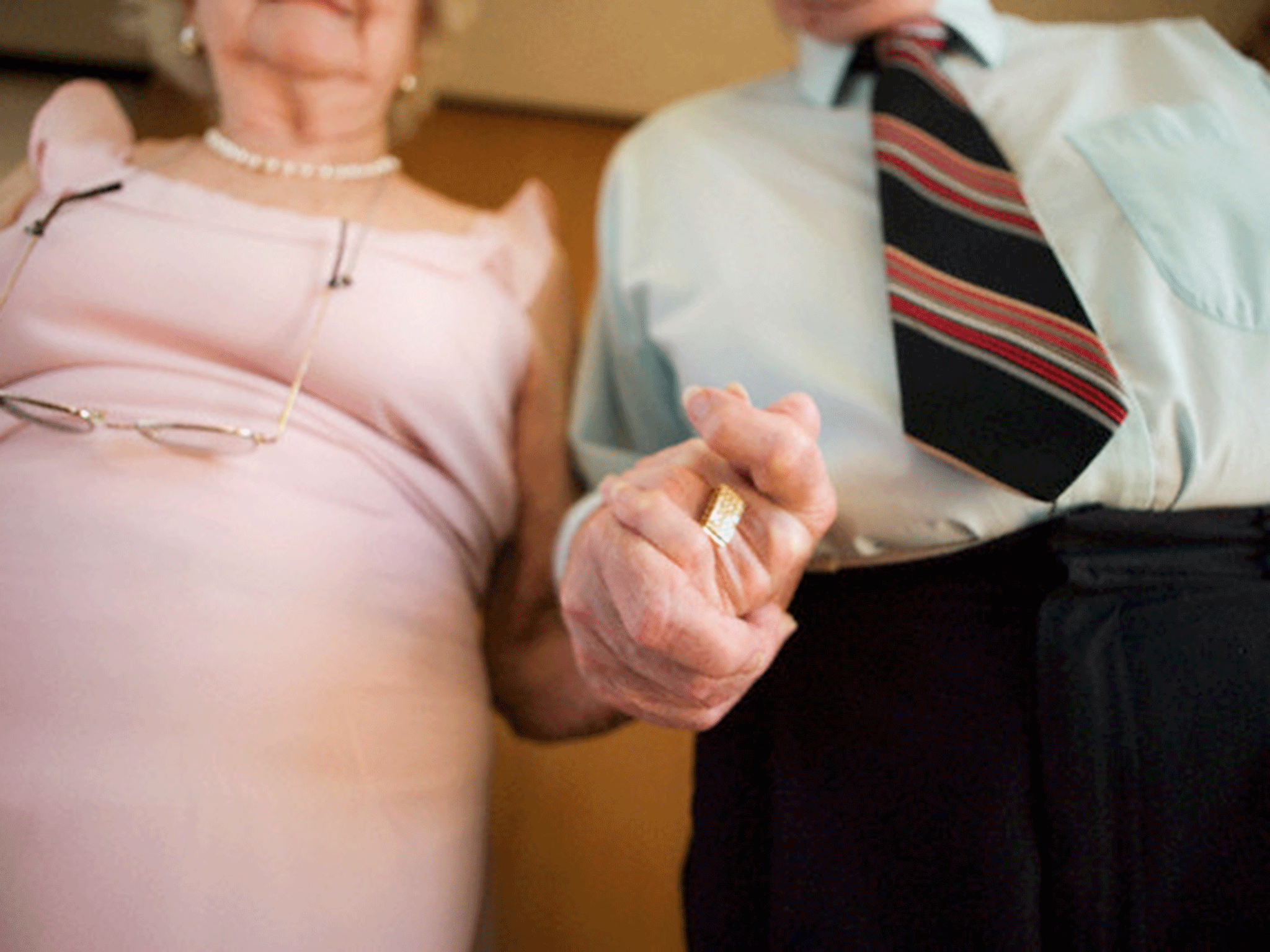Being single beats being married, psychologist claims
'Increasing numbers of people are single because they want to be'

Your support helps us to tell the story
From reproductive rights to climate change to Big Tech, The Independent is on the ground when the story is developing. Whether it's investigating the financials of Elon Musk's pro-Trump PAC or producing our latest documentary, 'The A Word', which shines a light on the American women fighting for reproductive rights, we know how important it is to parse out the facts from the messaging.
At such a critical moment in US history, we need reporters on the ground. Your donation allows us to keep sending journalists to speak to both sides of the story.
The Independent is trusted by Americans across the entire political spectrum. And unlike many other quality news outlets, we choose not to lock Americans out of our reporting and analysis with paywalls. We believe quality journalism should be available to everyone, paid for by those who can afford it.
Your support makes all the difference.Being single allows people to “live their best, most authentic and most meaningful life” and the idea of wedded bliss is largely a myth, a psychologist has claimed.
Professor Bella DePaulo told the American Psychological Association’s annual convention in Denver that she wanted to challenge the “conventional wisdom” that getting married helped people live longer, happier and healthier lives.
She said she had looked at more than 800 different academic studies carried out over the last 30 years that mentioned single people.
“The available findings are telling. For example, research comparing people who have stayed single with those who have stayed married shows that single people have a heightened sense of self-determination and they are more likely to experience ‘a sense of continued growth and development' as a person,” said Professor DePaulo, of the University of California, Santa Barbara.
“Other research shows that single people value meaningful work more than married people do … another study of lifelong single people showed that self-sufficiency serves them well: the more self-sufficient they were, the less likely they were to experience negative emotions. For married people, just the opposite was true.”
There are 16.2 million single people in the UK, compared to 23.7 million married ones, according to Office for National Statistics figures for last year. In 2002, there were about 12.5 million single people and just over 23 million married ones.
Professor DePaulo, who described herself as “single, always have been, always will be”, said the reasons behind the relative popularity of unmarried life were “rarely acknowledged”.
“Increasing numbers of people are single because they want to be. Living single allows them to live their best, most authentic, and most meaningful life,” she said.
“Single people are more connected to parents, siblings, friends, neighbours, and coworkers than married people are, and when people marry, they become more insular.
“The preoccupation with the perils of loneliness can obscure the profound benefits of solitude.
“It is time for a more accurate portrayal of single people and single life – one that recognizes the real strengths and resilience of people who are single, and what makes their lives so meaningful.”
Professor DePaulo said married people were bolstered by the “relentless celebration of marriage and coupling and weddings that I call matrimania”.
“Single people, in contrast, are targets of singlism – the stereotyping, stigmatizing, marginalizing and discrimination against people who are single,” she said.
But academic studies did not support the prevailing idea of “get married, get happier and healthier”.
“People end up about where they were when they were single. In other ways, results are exactly the opposite of what we have been led to believe,” Professor DePaulo said.
“Scholars are learning more about the risks of putting too much relationship capital into The One, and the psychological benefits of investing in The Ones.
“They are also beginning to realize that genuine attachment relationships are not limited to romantic relationships or the bond between parents and young children."
Join our commenting forum
Join thought-provoking conversations, follow other Independent readers and see their replies
Comments